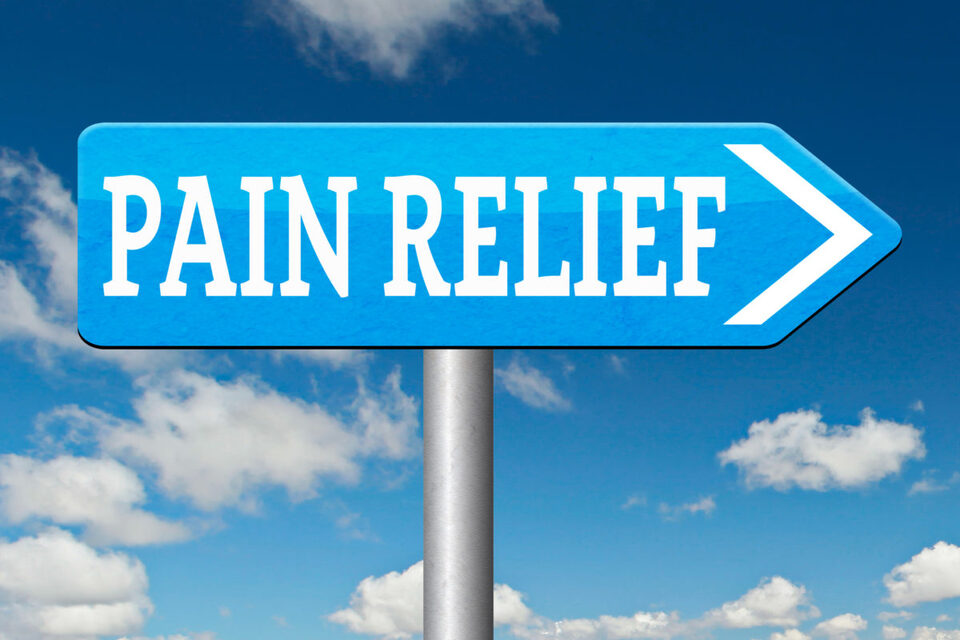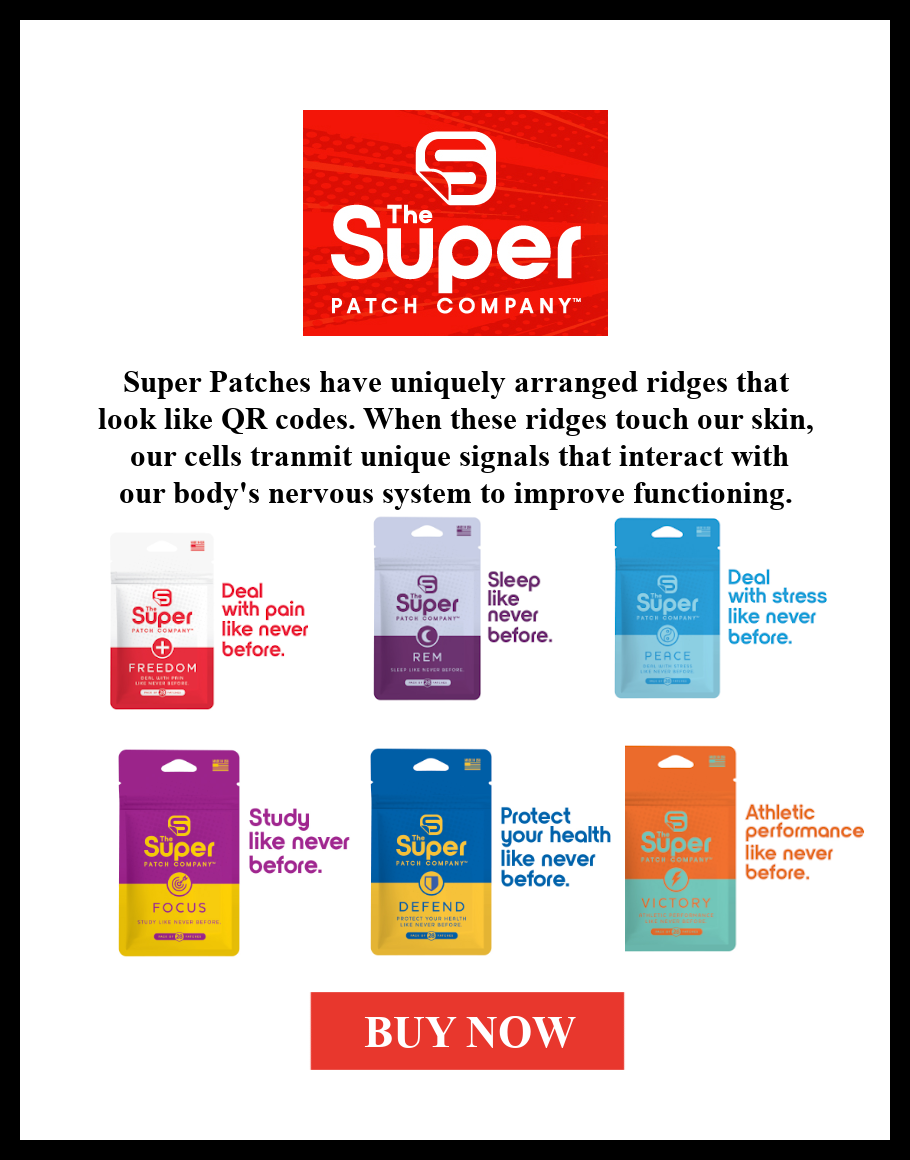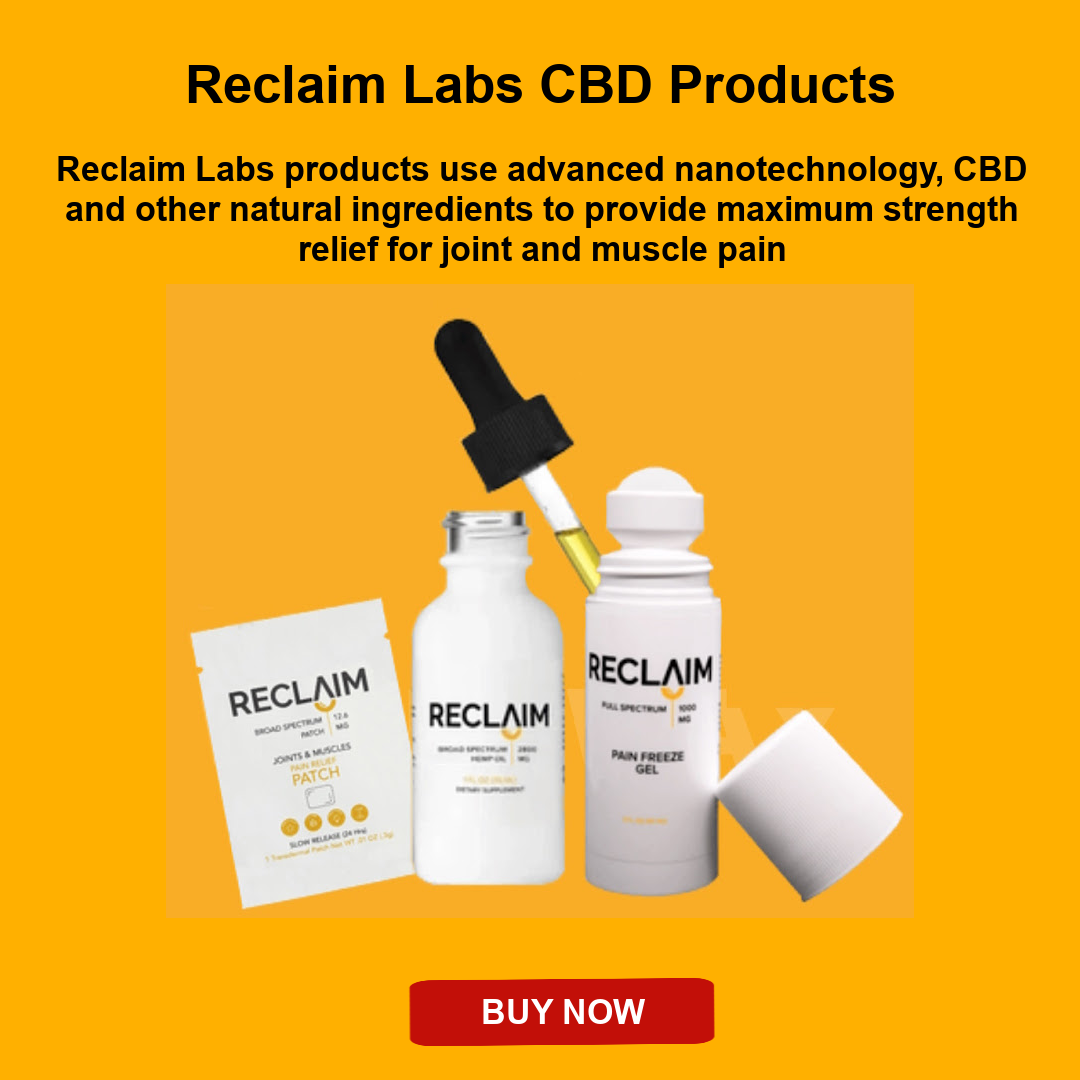
Chronic pain patients already have enough physical, emotional and financial challenges. Cold and flu season will be here soon and now there’s new COVID-19 variants. It's important to do everything you can to have a healthy immune system. One place to look is at your pain treatments, because they have differing impacts on immunity.
Some pain treatments are likely to decrease immunity and others are likely to help. What follows is a list of immune suppressing and immune boosting pain treatments. If you are on a drug that suppresses immunity, do not panic and go off of it—rapid tapering or abrupt discontinuation of many of these medications can be dangerous. Consult your physician! Instead, be especially mindful of those treatments you might be able to add that will help boost your immune system—and possibly help you slowly reduce use of those that are not good for your immune system.
Pain Treatments that Suppress Immunity
Corticosteroids (prednisone, cortisone, etc.)
According to the Cleveland Clinic and many other health authorities, steroids reduce the production of chemicals that cause inflammation. That is why they are commonly used to treat inflammatory conditions such as rheumatoid arthritis and lupus. While suppressing inflammation, corticosteroids also reduce the activity of the immune system by affecting the way white blood cells work. This creates a lowered resistance to infection.
Opioids
A 2019 review of the evidence of opioid impact on the immune system concluded that both illegal and prescription opioids negatively impacted the immune system in multiple ways. These included suppression of natural killer cell activity, suppression of antibody production and antibody response, depression of T cell mediated adaptive immune responses and more. Studies have shown increased infection rates, particularly for pneumonia, in patients who were taking opioids for long term treatment of pain.[1]
NSAIDs
A 2009 study looked at whether non-steroidal anti-inflammatory drugs, including ibuprofen, Tylenol, aspirin and naproxen, reduced immune response. The researchers concluded that these drugs inhibit antibody production in human cells and that “the use of widely available NSAIDs after infection or vaccination may lower host defense”.[2]
Immunosuppressant drugs
Immunosuppressant drugs are used to treat Lupus, MS, rheumatoid arthritis and other autoimmune diseases. They are also prescribed for patients who have received organ transplants to decrease the chances the organ will be rejected. Immunosuppressant drugs are designed to reduce the strength of the immune system. This leaves the patient’s body more susceptible to infections.[3]
Pain Treatments That Boost Immunity
Most Important: Vitamin D
Vitamin D deficiency is related to many chronic pain disorders including nonspecific bone and joint pain, fibromyalgia, osteoarthritis, rheumatoid disorders and headaches. Vitamin D3 supplementation in patients who are deficient reduces pain.
Now, it turns out that Vitamin D plays a critical role in severity of COVID-19.
In a study published on May 6, 2020 researchers looked at the mean levels of vitamin D for 20 European countries and the levels of infections and fatalities in each country. They found that the lower the levels of vitamin D in the country, the higher the morbidity and mortality from COVID-19. Ironically, in the sunny southern countries in Europe, including Italy and Spain, vitamin D levels are lower than in the colder Nordic countries of Norway, Finland and Sweden. This is because at risk elderly people in the warmer climates tend to avoid the sun, while supplementation with vitamin D and fortification of foods with vitamin D is more common in the more northern countries.
Even more compelling evidence comes from two recent patient-specific studies from Indonesia and the Philippines. In the Indonesian study, researchers looked at 780 cases with laboratory-confirmed infection with COVID-19. They classified vitamin D status as normal >30 ng/ml, insufficient 21-29 ng/ml and deficient <20 ng/ml. 98.9% of vitamin D deficient cases died, 87.8% of vitamin D insufficient cases died, while only 4.1% of cases with normal vitamin D levels died. Vitamin D insufficient cases were 12.55 times more likely to die, while vitamin D deficient cases were approximately 19.12 times more likely to die. Even after accounting for the possible bias of age, sex and comorbidity on the association of Vitamin D and mortality, they found that vitamin D deficient patients were 10.12 times more likely to die than patients with normal vitamin D levels.
In a study of 212 COVID-19 patients in the Philippines, researchers classified patients as mild, ordinary, severe and critical. Their analysis found that 85.5% of patients with sufficient (>30ng/ml) Vitamin D had mild cases while 72.8% of patients who were deficient in Vitamin D (<20ng/ml) had severe or critical cases.
The mechanisms for the role of vitamin D in reducing the risk of infection are known. They include “inducing cathelicidins and defensins that can lower viral replication rates and reducing concentrations of pro-inflammatory cytokines that produce inflammation that injures the lining of the lungs, leading to pneumonia”.
If you’ve had your vitamin D level tested and it was low and you haven’t been supplementing regularly, it’s very important to start supplementing now. Skin exposure to the sun is the main way humans get vitamin D. If you haven’t been spending time out in the sun regularly without sunscreen or you are dark-skinned (dark skin substantially reduces vitamin D synthesis), you are probably vitamin D deficient if you don’t supplement. You can start supplementing with 2000-10,000 IUs of vitamin D daily.
Find Alternative Healthcare Providers for Natural Pain Relief
Other things you can do on your own at home
Meditation/Relaxation
One of my recent blogs was about how meditation boosts the immune system and reduces pain. According to a 2018 literature review of meditation and immune function, many different types of meditation have been shown to enhance the immune system, including Mindfulness Meditation, Transcendental Meditation and Qigong. The common factor in these types of meditation is their relaxation effect. Meditation improves several markers of immune function, including natural killer cell activity, B-lymphocytes, telomerase activity, and CD8+ T-Cells.[4]
There are many apps and YouTube videos that teach meditation at little to no cost. Palouse Mindfulness offers a free online 8 week mindfulness course. Incorporating a regular meditation/relaxation practice into your life is one of the best things you can do to improve your health. Why not start now?
Want more hands-on guidance? Find mind-body medicine practitioners here.
Laughter
There’s an old saying, “Laughter is the Best Medicine”. Modern research shows the truth in that statement. Laughter has been shown to improve immunity by increasing production of antibodies, and increasing activation of T-cells, including Natural Killer cells. Laughter also improves mood, decreases stress hormones, lowers bad cholesterol and systolic blood pressure and raises good cholesterol.[5] It also lowers pain.
Another great thing about laughter is that it is so readily available for free. If you live with funny people or pets, great. Even if you don’t there’s plenty of options on the internet, including on YouTube (funny cat videos are very popular!) and on TV. My favorite source for humor is the comedy channels on SiriusXM Radio, a low-cost subscription service you can listen to on any electronic device. They also offer an amazing array of talk and music channels. They offer a free trial HERE. If you own an Alexa device, you can ask it to tell you a joke. The jokes are pretty corny, but they are funny.
Prayer
The power of prayer to heal is a very controversial subject in science and medicine. Religious people tend to live longer, healthier and happier lives. Since scientists can’t prove or disprove the existence of God, they are prone to attributing these better health outcomes to a placebo effect or relaxation effect of belief and prayer. What is much harder for scientists to accept is the power of intercessory prayer, that is the power of praying for others. Studies have shown positive effects even when the patients are not aware that they are being prayed for. One of my biofeedback colleagues, the late Dr. Jeffrey Cram, was actually able to measure the physiological effects of prayer when the subjects did not know they were being prayed for and the person praying was 250 miles away. Dr. Cram found that while the subjects were being prayed for there was a decrease in muscle tension around their heart chakra (at T6) that was significant at p<.000008.[6]
The scientific data is mixed on the power of prayer. A 2005 review of the literature concluded that “Religious interventions such as intercessory prayer may improve success rates of in vitro fertilization, decrease length of hospital stay and duration of fever in septic patients, increase immune function, improve rheumatoid arthritis, and reduce anxiety. Frequent attendance at religious services likely improves health behaviors. Moreover, prayer may decrease adverse outcomes in patients with cardiac disease.”[7]
Whether you pray for your own health, or others pray for you, prayer can have many beneficial effects.
Exercise
A 2019 review of studies of physical activity and immunity found that moderate exercise boosts the immune system and reduces inflammation. Habitual exercise improves immune regulation. Very intensive exercise, such as running a marathon, increases illness risk.[8]
Supplements That Relieve Pain and Boost Immunity
Quercetin and Zinc
The use of the drug hydroxychloroquine to treat COVID-19 has become very controversial and politicized. Hydroxychloroquine was originally developed as an anti-malarial drug and more recently has been widely prescribed for inflammatory conditions including arthritis and Lupus. It is an older drug that is inexpensive because it is off patent and is generally considered relatively safe.
Pain patients who have used hydroxychloroquine long term were confused and alarmed when early studies of hydroxychloroquine treatment of COVID-19 appeared to show that hydroxychloroquine increased the fatality rate for patients with COVID-19. Now those studies have come under fire by critics who say that much higher than normal doses, at a level that is known to be toxic, were used in those early studies. Many doctors are now saying that treating COVID-19, especially early on, with lower doses of hydroxychloroquine along with zinc and sometimes other antibiotics, is effective for clearing up the infection and saving lives. These doctors have been censored and vilified.
Why would this happen? Because the pharmaceutical companies, due to their wealth and influence, have a great deal of power over our medical system, our politicians and the media, including social media. The pharmaceutical companies view any disease as an income opportunity. COVID-19 is viewed as an exceptional opportunity in this regard, since it is affecting people worldwide and everyone is at risk and frightened. If there turns out to be a simple, inexpensive cure, pharmaceutical companies don’t get to make their desired profits.
According to Dr. Joseph Mercola, a noted holistic physician, hydroxychloroquine’s role is to act as a transporter for bringing zinc into a cell that is infected and zinc kills the virus. He also reports that an antioxidant supplement, quercetin, can also act as a transporter for zinc and used instead of hydroxychloroquine.
Both zinc and quercetin also have pain-relieving effects.
Quercetin has anti-inflammatory, antioxidant and analgesic properties. It reduces inflammatory, neuropathic and cancer pain as well as gouty arthritis-related inflammation.
Low zinc levels are associated with chronic pain, especially myofascial pain and fibromyalgia, as well as depression. Zinc plays a role in the transmission of pain signals and in motor control and neurological disorders
Marijuana and CBD
The impact of marijuana and CBD on the immune system is somewhat controversial. The cannabinoids found in marijuana and CBD interact with the body’s endocannabinoid system, which has a key role in regulating immune response. CBD and THC can act as immunosuppressants that are helpful in autoimmune diseases,[9] but other studies show that regular cannabis use can increase white blood cell counts in immunodeficiency disorders such as HIV, suggesting an immune-boosting effect.[10] A 2017 study also found that CBD decreased the replication of hepatitis C virus.[11]
Marijuana and CBD are well known as effective pain relievers. It now appears that, unlike immunosuppressive drugs, they can reduce the inflammatory response while not harming, and even augmenting, the body’s ability to fight infections.
See our recommended CBD products here
Kratom
Kratom is a Southeast Asian herb that has been shown to be effective for pain relief. It has been used medicinally for hundreds of years. Its traditional uses included to treat fever and skin infections.[12] Kratom contains many beneficial compounds that can boost the immune system and that have anti-viral properties.[13]
See our recommended Kratom products here
Ginger
Ginger is best known for its tummy-soothing properties. It is also a powerful anti-inflammatory. Like many other herbs, including marijuana and kratom, it also has immune boosting effects against viruses and other pathogens.[14]
Ginger is a tasty addition to many foods in fresh or powdered form. It can also be consumed as a candy in crystalized form, consumed as a tea or taken as a supplement.
Turmeric
Turmeric is one of the healthiest herbs known, with hundreds of beneficial effects. It’s used as a spice in Indian and other cuisines and is what gives curry powder its yellow color. Its active ingredient is curcumin, which has powerful anti-inflammatory effects that can reduce pain. It also enhances antibody response, which can help fight infections.[15]
You can cook with the spice. Turmeric/Curcumin is also widely available as a supplement.
Omega-3 Fatty Acids
Omega-3 fatty acids have long been known for their anti-inflammatory effects that can be very helpful for pain relief. Recent research has also shown, as it has for many other nutrients and herbs, that omega-3 fatty acids also improve immune response to infections. They are part of the cell membrane of all the immune cells. Omega-3 fatty acids have beneficial effects on microphages that patrol the immune system looking for invading pathogens and on neutrophils that help clear pathogens from the system. They also exert beneficial effects on T-cells.[16]
Omgega-3 fatty acids are found in fatty fish such as salmon, mackerel, herring and sardines, as well as flax seeds, chia seeds, walnuts and soybeans. You can also take them in supplement form.
Find Providers Who Provide Nutritional Treatment for Pain and Immune Support
The Bottom Line
There is much that pain patients can do to reduce pain while also enhancing their immune system so they can stay comfortable and safe during the pandemic.
The author, Cindy Perlin, is a Licensed Clinical Social Worker, certified biofeedback practitioner and chronic pain survivor. She's the founder and CEO of the Alternative Pain Treatment Directory and the author of The Truth About Chronic Pain Treatments: The Best and Worst Strategies for Becoming Pain Free. She's in private practice in the Albany, NY area and also offers phone and web-based consults.
Don't Miss This and Other Important Health Information! Sign up for our newsletter!
[1] Eisenstein T. The Role of Opioid Receptors in Immune System Function. Front. Immunol., 20 December 2019 | https://doi.org/10.3389/fimmu.2019.02904
[2] Bancos S, Bernard M, Topham D, Phipps R. Ibuprofen and other widely used non-steroidal anti-inflammatory drugs inhibit antibody production in human cells. Cell Immunol. 2009; 258(1)18–28
[3] https://www.healthline.com/health/immunosuppressant-drugs#side-effects
[4] Thibodeaux N, Rossano M. Meditation and Immune Function: The Impact of Stress Management on the Immune System. OBM Integrative and Complementary Medicine, 2018;3(4). https://www.researchgate.net/publication/329479535_Meditation_and_Immune_Function_The_Impact_of_Stress_Management_on_the_Immune_System
[5] Body's response to repetitive laughter is similar to the effect of repetitive exercise, study finds. Science Daily, 2010, April 26. https://www.sciencedaily.com/releases/2010/04/100426113058.htm
[6] Cram J. The Psychophysiological Aspects of Prayer. Biofeedback 2001 Fall, p.22. https://www.aapb.org/files/public/BIOFEEDBACK_FALL01.pdf
[7] Ayele C, Mulligan P. Does religious activity improve health outcomes? A critical review of the recent literature. Explore 2005 April 30, 1(3):186-191. https://europepmc.org/article/med/16781528
[8] Nieman D, Wentz L. The compelling link between physical activity and the body’sdefense system. Journal of Sport and Health Science, 2019 (8):201-217. https://reader.elsevier.com/reader/sd/pii/S2095254618301005?token=65A81A8EC7DCA9B8AA2993EB5E37F34AF14F6A7440EA942B3D226496C75746D7B1CC1CBFF4C7D55F9DCCBD3F4E9E5D47
[9] Rieder S, Chuahan A, Singh U, Nagarkatti M, Nagerkathti P. Cannabinoid-induced apoptosis in immune cells as a pathway to immunosuppression. Immunobiology, 2010 Aug. 215(8):598-605.
[10] Molina P et al. Modulation of Gut-Specific Mechanisms by Chronic Δ9-Tetrahydrocannabinol Administration in Male Rhesus Macaques Infected with Simian Immunodeficiency Virus: A Systems Biology Analysis. AIDS Research and Human Retroviruses. 2014 June 1, 30(6), 567-578. https://www.ncbi.nlm.nih.gov/pmc/articles/PMC4046212/
[11] Tolch, L. Could Medical Marijuana Treat Hepatitis C Virus? Pharmacy Times,2017 Feb 24, 16(06):52.
[12] Brown P, Lund J, Murch S. A botanical, phytochemical and ethnomedicinal review of the genus Mitragyna korth: Implications for products sold as kratom. J Ethnopharmacol. 2017 Apr 18;202:302-325.
[13] http://kratomtimes.com/kratom-effects-on-the-immune-system/
[14] Sultan T, Butt M, Qayyu M, Suleria H. Immunity: Plants as Effective Mediators. Crit Rev Food Sci Nutr, 2014, 54(10):1298-308 https://pubmed.ncbi.nlm.nih.gov/24564587/?from_term=ginger+and+immunity+review&from_pos=3
[15] Jagetia G, Aggarwal B. "Spicing Up" of the Immune System by Curcumin. J Clin Immunol, 2007 Jan 27 (1):19-35 https://pubmed.ncbi.nlm.nih.gov/17211725/
[16] Gutierrez S, Syahn S, Johansson. Effects of Omega-3 Fatty Acids on Immune Cells. Int J Mol Sci. 2019 Oct; 20(20): 5028 https://www.ncbi.nlm.nih.gov/pmc/articles/PMC6834330/











Comments